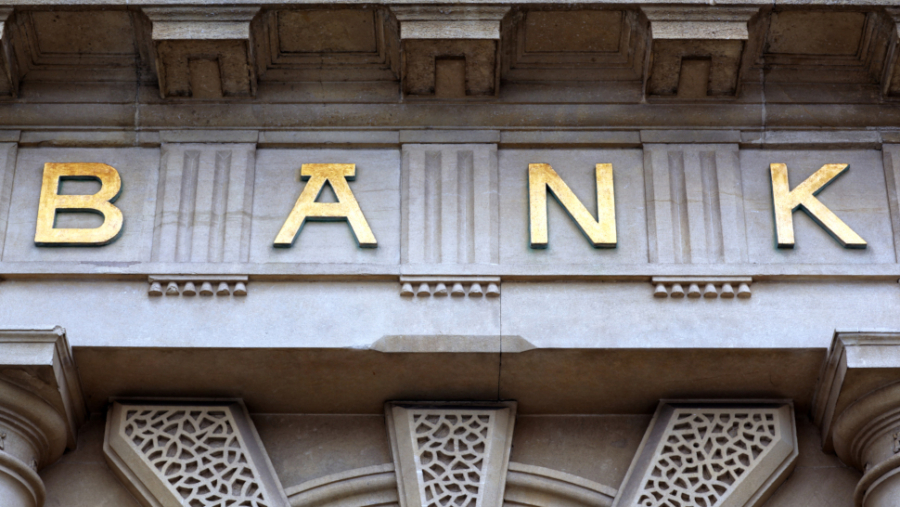

The problem of reputational damage
The enforced closure of personal bank accounts has been prominent in the news recently. What is not being mentioned however is that a similar, but arguably much more concerning, practice has emerged in the business world, particularly in relation to small and medium-sized enterprises.
We have encountered this in the defence and security sector, the crypto space and, to a lesser extent, in oil and gas and other sensitive sectors. Some banks, wishing to demonstrate that they are good corporate citizens have adopted a set of values or ethos in relation to environmental matters and social responsibility.
They may well be reluctant to provide banking facilities to a company whose own values and activities do not align with these. Others, often citing ‘reputational’ reasons, are simply worried that they will find themselves attracting the wrong sort of publicity if a particular customer operating in a controversial sector becomes embroiled in scandal.
This can make it very hard for new entrants to find a bank prepared to provide them with banking facilities or even to open an account so that they can operate. Even more worrying, banks have sometimes informed their customers that their accounts will be closed at short notice.
In some cases, this can extend to companies in uncontroversial sectors whose sin is to trade with countries which present a perceived reputational risk, even if it is perfectly legal to trade with those countries.
Is there a political solution?
There are those who argue that the taxpayer supported the banks when they were in crisis, and that the banks therefore have a moral obligation to repay society by supporting these economically important sectors. They call for some sort of regulation requiring the banks to do this.
Others, recognising that there will be enormous resistance to this from the banks, call for the creation of a state bank to service these sectors instead. The problem of course is that it is not only banks who are concerned with their values and reputations.
All political parties will be ambivalent about supporting these sectors in this way and it is hardly going to be seen as a political priority, given the other challenges which we are facing at the moment.
How your business can mitigate these problems
It is clear to us that there is currently no magic bullet and unfortunately, some businesses with controversial products or customers may find that they are just not a ‘bankable’ proposition. However, here are some tips which may help you to get a fair hearing:
- Be transparent. Banks in all sectors tend to be nervous of unusual or complex structures which seem designed to obscure ownership or avoid tax.
- General presentation of the business is important, especially in your publicity materials and on your website. Check these for any references which may be off-putting. For example, remove references to historical business conducted in Russia or other sensitive jurisdictions or to sensitive types of business which you no longer carry on.
- Before approaching a bank, familiarise yourself with its values and ethos. It doesn’t make sense to approach a bank who is unlikely to deal with you because of these. When you present to banks, make sure that your presentation demonstrates an understanding of their ethos and try to demonstrate that you are a good fit. Companies who have publicly adopted similar values are more likely to get a sympathetic hearing.
- Be clear about what your business does and present it in the best light – it helps the relationship director at the bank to present your case to their credit committee. For example, in the defence sector products used for defence will be more attractive than those used for offence, but be conscious that even though you intend your product to be used for defensive means, is it possible for it to be used in an offensive way if it falls into the wrong hands? Some products may be neutral, i.e. medical equipment, and don’t necessarily present a battlefield environment.
- Who a business deals with will also be critical. Take care to emphasise the good credentials of your customers and supply chains. Do not assume that the fact that you have an export licence will get you home and dry. If you are bound by confidentiality clauses in your customer contracts, it is worth asking for an express permission to disclose details to specified bankers – or ensure these consents are built into the contracts at the outset. If you cannot tell your bank who you do business with, it is highly likely that they won’t be able to support you.
- It may well be worthwhile engaging a consultant who is experienced in presenting to banks, particularly in your sector, in order to improve your pitch.
- Whether you are starting out or you are being rejected by your bank, do your research first before making any approaches and avoid scatter-bombing the market. Ask around to find out which banks might be amenable to talking to you and avoid approaches to junior members of staff – try to get a contact name higher up the food chain. In this respect, it could well be worth talking to UK Export Finance – if you are an exporter – or to a sector trade association first – they will be familiar with these problems and are well networked.
- Consider opening operating accounts with more than one bank so that, if one bank wishes to terminate its relationship with you, you will not be left in the lurch.
- Keep your ear to the ground. The banking space is evolving at a rapid rate, notably with the rise of Neobanks. We predict that, particularly in the crypto space, solutions are likely to appear in the short term.










